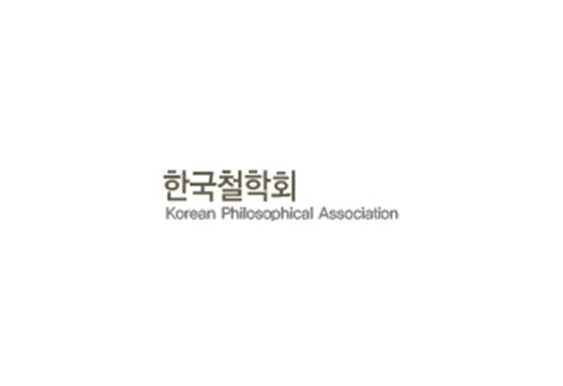관계 평등주의가 분배 평등주의에 제기하는 비판과 분배 평등주의의 대응
On the Contrast and Conflict between Relational and Distributive Egalitarianism
주동률
한림대학교
철학
2024, vol., no.159, pp. 89-116 (28 pages)
10.18694/KJP.2024.5.159.89
한국철학회
초록
관계 평등주의에 의하면 사회경제적 분배는 평등한 인간관계에 부합하 는 분배일 때 정의롭다. 평등한 관계는 억압과 지배가 없으며 권한과 지위에서 부 당한 차이와 위계가 없는 관계이며 관계를 맺는 주체들이 상호존중으로 서로를 대 하는 관계이다. 이 입장은 분배 형태에 치중하는 분배관, 특히 운의 영향력을 없애 고 노력과 선택에 부응하는 분배를 지향하는 입장을 비판한다. 나는 이 비판을 두 논증으로 나누어 검토한다. 첫째는 운-상쇄 이상은 정의로운 분배기준의 결정에 충분하지 않기에 관계적 이상이 필요하다는 논증이고, 둘째는 그 기준의 결정에 관계적 이상으로 충분하여 운-상쇄 이상을 참조할 필요가 없다는 논증이다. 나는 첫째 논증을 옹호하고 관계적 이상을 (관계를 참조하지 않는) 분배적 이상으로 환 원하려는 시도를 비판한다. 나는 둘째 논증은 거부하는데 관계적 이상이 지향하는 분배가 달성되어도 분배 정의의 문제는 남아 있고, 관계 평등은 사회경제적 분배 를 충분한 수준의 평등으로 이끈다는 주장도 이론과 현실에서 의심할 근거가 있기 때문이다. 논문은 두 종류 평등주의적 이상이 모두 분배에 관여하고 합당한 분배 는 그들 간 균형을 이루는 것이라는 다원주의를 옹호한다.
According to relational egalitarianism economic distribution is just when it is appropriate to the relation of equals. Relations are equal when there is no oppression and unjustified hierarchy of status between related individuals, and when they regard and treat each other with reciprocal respect. Relational egalitarians object to distributive egalitarianism which tends to focus on particular distributive patterns, especially luck egalitarianism whose aspiration is to eliminate the distributive effects of factors beyond prudential choice and efforts. I discuss two types of criticism presented by relational egalitarianism: First, the luck egalitarian ideal is not sufficient for justice-related evaluations of distribution, for which relational ideals must also be consulted. Second, the luck egalitarian ideal is not even an element of distributive justice, because relational ideals are its sole source and determinant. I defend the first argument, and show that relational ideals are not reducible to distributive considerations. I present grounds to doubt the soundness of the second argument. There remain justice-related problems above and beyond securing equal relations, and securing them does not always reduce economic inequality.

